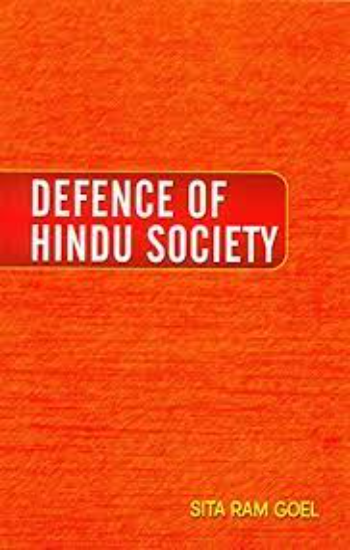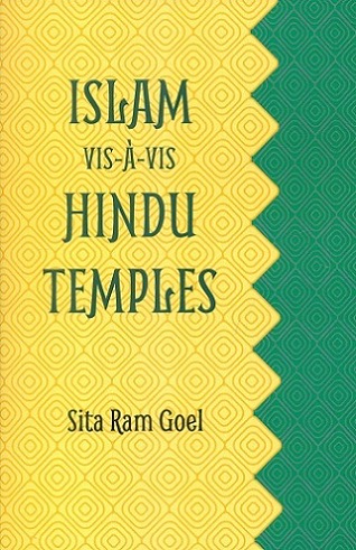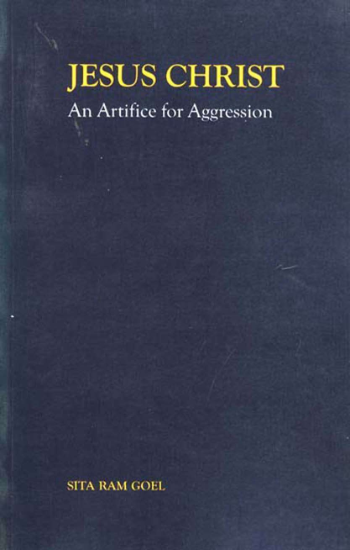
Sitaram Goel
Born in 1921 into a modest family in Haryana, Sita Ram Goel belonged to the merchant Agrawal caste. His formative years were marked by exposure to traditional Vaishnavism, the Mahabharata, and the Bhakti saints. Completing an M.A. in History at Delhi University, Goel garnered recognition, winning prizes and scholarships. During his youth, he actively participated in Gandhian activism, contributing to a Harijan Ashram and organizing study circles in Delhi.
Ideological Shifts:
Gandhism to Marxism: In the evolving ideological landscape of the 1930s and 40s, Goel witnessed the Gandhians’ transition towards socialism. Opting for authenticity over imitation, he embraced Marxism in 1941. Despite differences with the Communist Party of India, particularly over the creation of Pakistan, Goel’s commitment to progressive and atheist ideals remained steadfast.
[expander_maker id=”3″ more=”Read more” less=”Close”]
Transformative Encounters and Collaborations:
Goel’s life took a pivotal turn when, in 1948, the Government of West Bengal banned the Communist Party of India. This period saw his association with Ram Swarup, a figure whose influence significantly shaped Goel’s intellectual trajectory. Their collaboration, marked by transformative encounters, laid the foundation for Goel’s prolific career as a polemical writer.
Noteworthy Publications and Intellectual Standing:
Sita Ram Goel’s early publications with the Society for the Defence of Freedom in Asia, including “China is Red with Peasants’ Blood (1953)” and “Red Brother or Yellow Slave?” set the stage for a remarkable career. Throughout his life, Goel occupied a unique position in the Indian intellectual arena, as his theses went largely unchallenged, met only by a strategy of “strangling by silence”.
Career, Contributions, and Activism:
Relocating to Delhi in 1957, Goel engaged in research and prospection concerning cottage industries with the Indian Cooperative Union. His activism extended to responding to the Chinese invasion in 1962, facing demands for his arrest, and receiving invitations for leadership roles in organizations like the Vishva Hindu Parishad.
Legacy and Literary Contributions:
Retiring in 1981, Goel established the nonprofit publishing house Voice of India, aiming to defend Hinduism by providing accurate information about Hindu culture and society. Notable works such as “Hindu Society under Siege” and “Defence of Hindu Society” underscored Goel’s commitment to countering perceived attacks on Hinduism.
Intellectual Impact and Future Relevance:
Sita Ram Goel’s work, often in collaboration with Ram Swarup, holds immense intellectual importance. Their contributions have played a pivotal role in dispelling prejudices and misrepresentations of Hinduism and the Hindu Revivalist movement. As predictions suggest, future textbooks on comparative religion and Indian history are likely to devote crucial chapters to the enduring analysis provided by Goel and Swarup.
[/expander_maker]
Books from the Author
Catholic ashrams: sannyasins or swindlers? (enlarged edition with new appendices)
Save: 5%
Time For Stock Taking Whither Sangh Parivar ?
Save: 5%
शक्तिपुत्र शिवाजी I Shaktiputra Shivaji (HINDI)
Save: 1%






